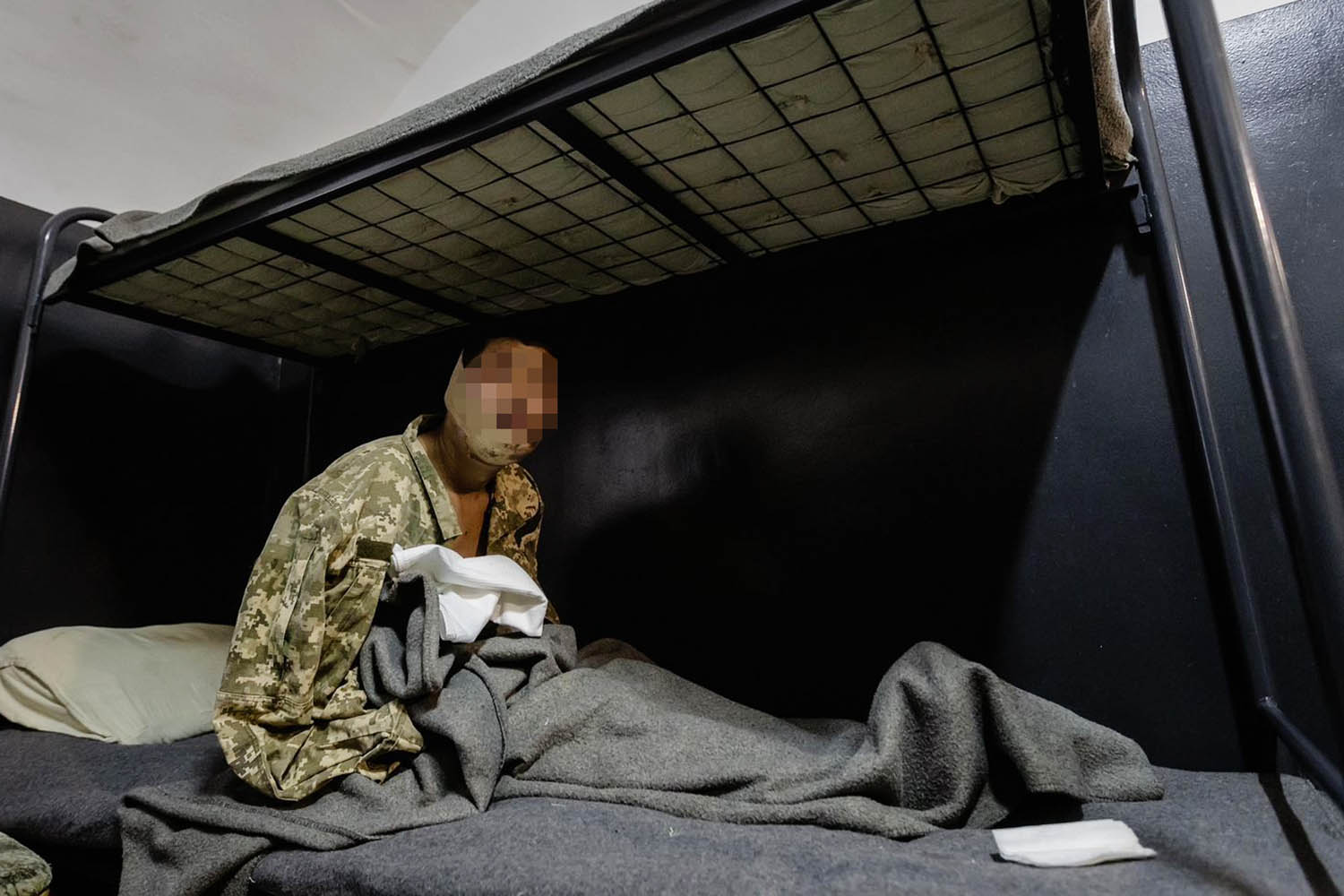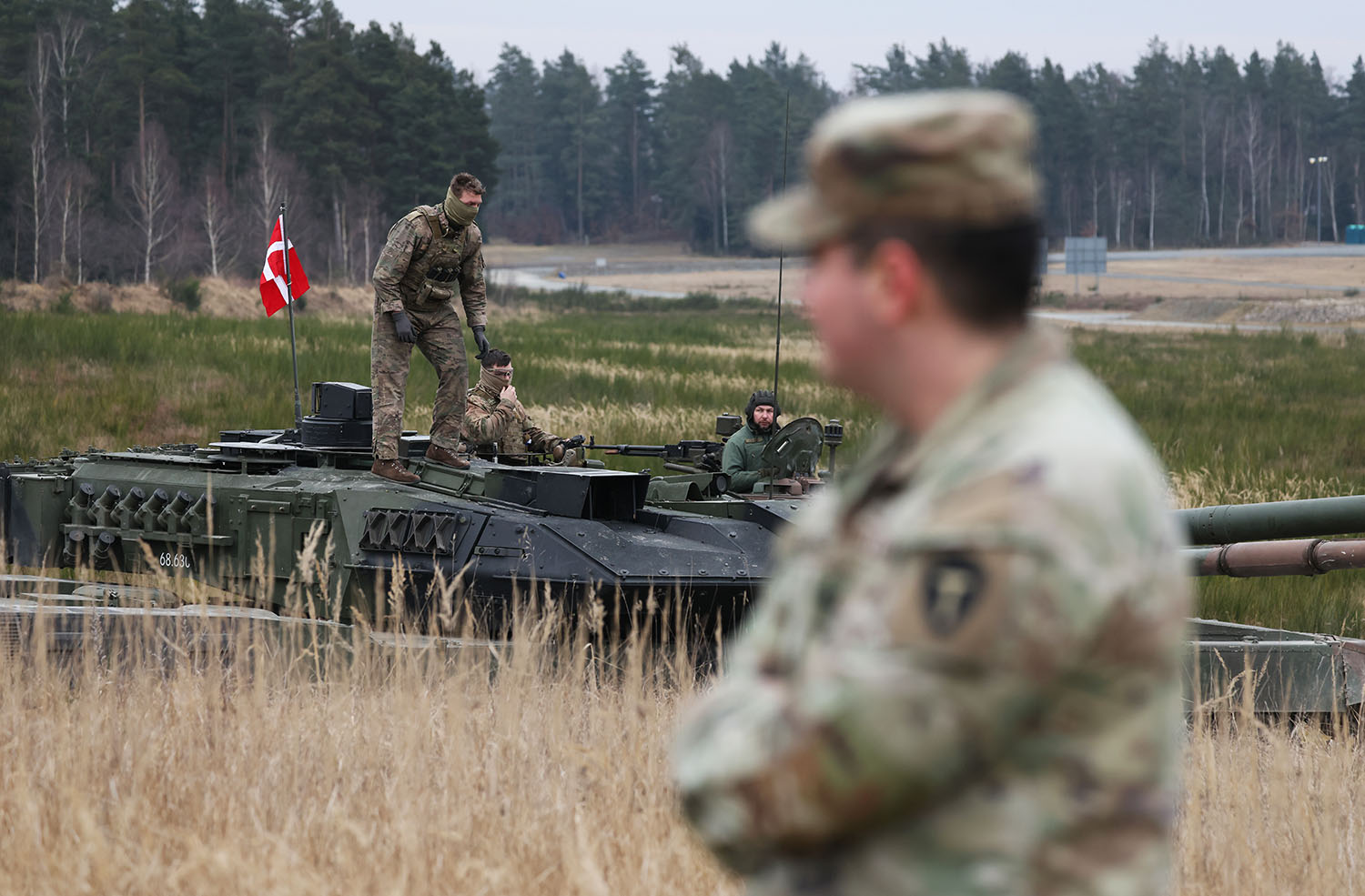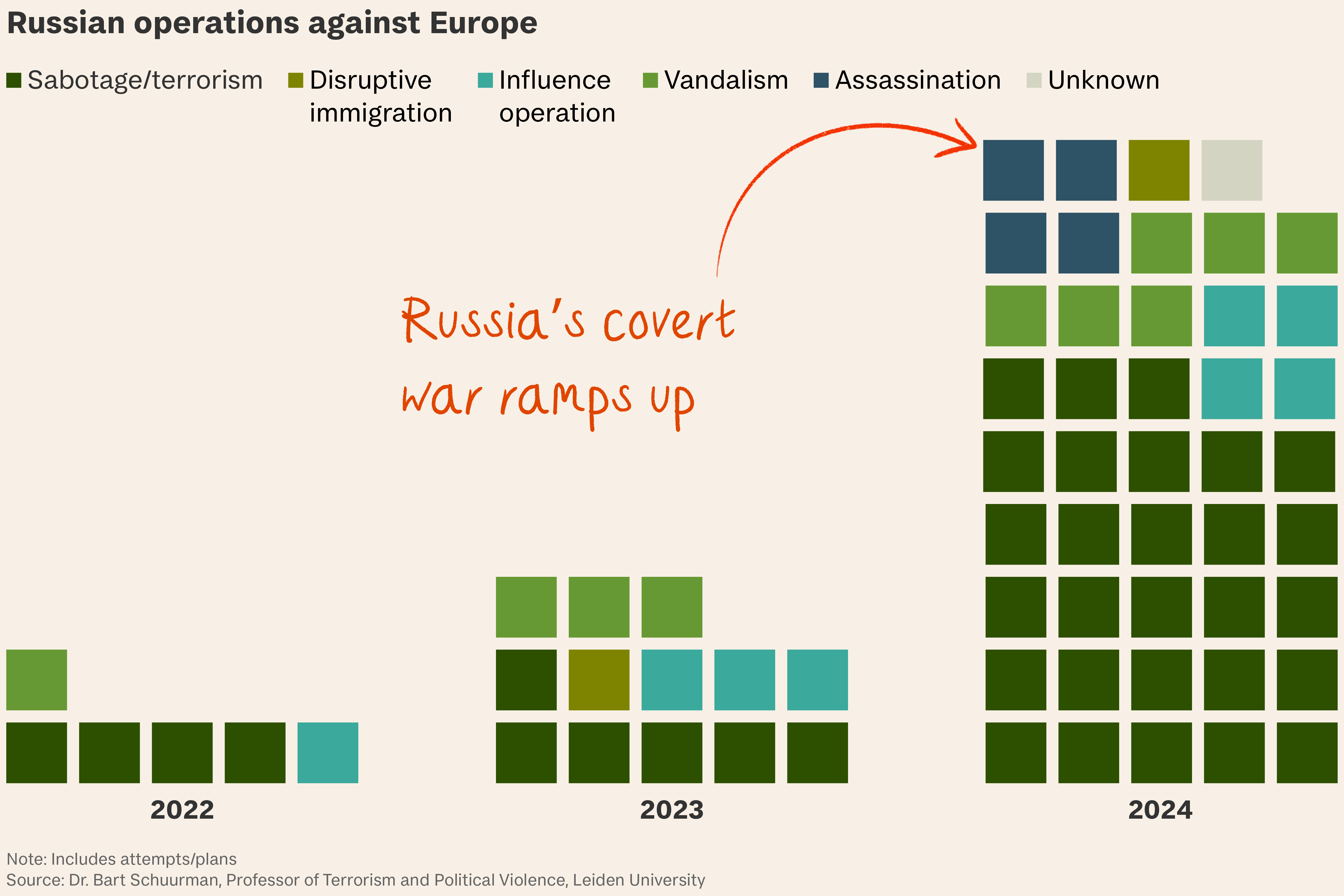The lights are back on in Havana. The collapse of Cuba’s energy grid left nearly 11 million people without electricity for four days, and was followed by a hurricane making landfall on the eastern part of the island, killing six people. But the government has warned blackouts will continue, adding to months of repeated fuel, water and food shortages. Cuba is facing its worst economic crisis since the collapse of the Soviet Union more than 30 years ago. Inflation is running at 30 per cent annually. Oil shortages caused by US sanctions, falling imports from Venezuela and a weak peso have made it hard to run the country’s dated power plants. Emigration has also been unprecedented with more than 600,000 Cubans entering the US since 2022. Experts warn the crisis may lead to social unrest for those who remain. Small protests had broken out earlier this year and more followed the blackouts last week despite government threats.











